This article was originally published on Kakuchopurei. Check out their exciting contents on their website.
The Last Of Us based on the critically acclaimed video game of the same name developed by Naughty Dog exclusively for the PlayStation platforms, is written and executive produced by Craig Mazin and Neil Druckmann. The series is a co-production with Sony Pictures Television and is executive produced by Carolyn Strauss, Evan Wells, Asad Qizilbash, Carter Swan, and Rose Lam. Production companies include PlayStation Productions, Word Games, The Mighty Mint, and Naughty Dog.
The Last Of Us takes place 20 years after modern civilization has been destroyed. Joel, a hardened survivor, is hired to smuggle Ellie, a 14-year-old girl, out of an oppressive quarantine zone. What starts as a small job soon becomes a brutal and heart-breaking journey as they both must traverse the U.S. and depend on each other for survival.
The cast includes Pedro Pascal as Joel, Bella Ramsey as Ellie, Gabriel Luna as Tommy, Anna Torv as Tess, Nico Parker as Sarah, Murray Bartlett as Frank, Nick Offerman as Bill, Melanie Lynskey as Kathleen, Storm Reid as Riley, Merle Dandridge as Marlene, Jeffrey Pierce as Perry, Lamar Johnson as Henry, Keivonn Woodard as Sam, Graham Greene as Marlon, and Elaine Miles as Florence. Ashley Johnson and Troy Baker also star.
Courtesy of HBO Asia, we were lucky enough to be the only Malaysian media to participate in an interview with Craig Mazin and Neil Druckmann, the showrunners (writers/executive producers) for HBO’s The Last Of Us. Craig Mazin is best known for being the showrunner for HBO’s Chernobyl series, while Neil Druckmann is the director of 2013’s The Last Of Us and 2020’s The Last Of Us Part 2. This article has been edited for clarity.

What is the common ground between the game and the series adaptation? How did you expand the narrative, as well as replace or adapted the heavy gameplay parts?
Craig Mazin: So, basically, how did we do everything was the question. I’ll give you my short and simple, because ultimately, adaptation is all about choices, and we can talk until our faces turn blue about how we made those choices and there’s a lot of math to it. For me, what it always came back to was what do I love. What, as a fan, would hurt if I didn’t see it in the show, and what we think would absolutely have to change to adapt to a medium that is passive, that isn’t interactive, that doesn’t require gameplay.
And what are the things that we can be inspired by and adjust and just let ourselves be creative always within the bounds of what we love. This was made a lot easier by the fact that the narrative material. We’re putting the gameplay aside, just the straight bedrock drama of the game that Neill created is wonderful. There are incredibly rich characters and most importantly, rich relationships and the way the plot moved was always in service of forcing those main characters and their relationships to change and grow.
So, everything we did, all that adaptation process, picking and choosing, for me, came down to loving the game and understanding the game and then understanding this other thing that we wanted to make that had to be both the same and different at the same time.
Neil Druckmann: To add to that, I think in the past, the mistake that some adaptations make when they come from video games to a passive medium is to hang on to the action and the superficial things and the things that the player is doing. And those work magnificently as a game and they kind of fall flat on this other medium.
To give a specific example, when you look at Bill’s storyline, a lesser adaptation would have looked at the setpiece when Joel stepped onto a snare trap and was hanging upside down and you have to get out of the situation and Bill runs in and saves you. And that’s how you connect with him, by him saving you because you’re playing as Joel. What I love is that we never even had that conversation about that setpiece ever because what Craig always prioritised and HBO by extension, were the character drama moments. Instead, Craig said, what if we told this whole other story, this thing that was hinted at in the game, this Bill and Frank relationship. What if we fleshed that out and build a beautiful story of like the love these two felt for each other and like, we can jump around throughout the years in a way we couldn’t in the game because in the game, we’re always on Joel and Ellie’s perspective.
I think that was the secret sauce, if I were to pick one thing amongst all these things Craig was talking about in terms of choices, that is the main difference in how we approached these two very different mediums.
In 2021, you said that the series will cover the events of the first game. Why did you choose to cover the entirety of the first game in season 1, and not stretch it across multiple seasons?
Neil Druckmann: The answer is in the question. (laughs)
Craig Mazin: Yeah, you said the magic word, Alleef, which is “stretch”. I’m sure you guys watch everything, right, so you know in this world where television series are entirely flexible, they can have as many episodes as apparently they need and certain platforms, you can have as much time per episode as you need.
Things sometimes get stretched and I am a very demanding TV watcher. When somebody says to me, you should watch this, but you got to get to season 3 episode 9, that’s when it really takes off. I’m like, nope, I’m not going to do it. I want to be on season 1 episode 1 and I want every episode to justify its existence. I want to feel compelled all the way through. I never want to feel like they’re just filling time to create more show. We’re all too smart, we know it when we see it.
For me, also, I have no interest in creating a television series that is designed to go on forever. This is going to end, I love endings and I don’t know what the point of anything is if it isn’t all wrapped together in a perfect circle, a beginning to end. So, to me, the narrative of the first game was gorgeous, it was complete, it deserved a season, we know how to do it within a season and that was kind of a no-brainer and I promise, if we’re lucky enough to get more seasons and keep telling the story, we will continue to make sure every episode is worth its wait.
How do you deal with pressure from fans of the game?
Neil Druckmann: For myself, making these things is very hard and takes a long time and you know, you’re working with hundreds of people and trying to make sure everyone’s coming together to tell this strong vision of a character-driven story. There are things you can have complete control over and things that are completely out of your control. We focus our energy and time on things that we have control over, which is like how we tell the story and how we execute it.
We can’t worry about what will be the eventual reaction and work towards that because that is completely out of our hands. You know, the game was extremely successful and it’s made with an audience in mind. You’re making sure everything is clear, nothing is confusing, you’re hitting the right beats, but not to please a particular kind of like mindset or anything like that because again, we don’t know where the winds will take the story. All we know is that, are we proud of it, do we feel like this is a story worth telling to a big audience, just like the game was, although this goes even broader than the game.
And if we do that, then hopefully everything else works out and becomes successful. But that is out of our control and again, now we’ve raised our kid and it’s time for him to go into the world and see how they do.
How did you go from Chernobyl to The Last of Us?
Craig Mazin: Here’s what happened. After Chernobyl, I had an overall deal with HBO, so they were paying me to figure out something to do next. I’m, you know, a working-class upbringing, I’m still a working-class kid and so I came to them and said, what do you want? What are you looking for? Let me satisfy some need here.
And Casey Bloys, who run HBO, said, here’s what I want, I want you to do something that lets you levitate. I thought that was wonderful, that’s why HBO is what it is. They understand, if their creators are in love with what they’re making, then we will work ourselves to the bone. Nobody needs to tell us to obsess, to never quit on anything, to put every ounce of ourselves into it.
So then the only question was, but what makes me levitate? And around that time is when I heard that the rights to The Last Of Us had returned back to Naughty Dog and I met with Neil. We had this great conversation and at the end of it, I remember he, in his very Neil way, he went, okay, let’s do it. Just like that, and so I just said to Casey, I’m levitating and I said to Dad, please, Dad, get me The Last Of Us, please.
And so, what’s nice is that it’s a co-production too, Sony Television and HBO kind of married each other to bring this show to life and they followed through and they told me they wanted me to make something I was in love with. I came to them with something I was in love with. Neill and I made something I think we’re both in love with. And HBO, as it turns out, is pretty in love with it too, so all that’s left now is the audience. I hope they’re just like us.

About the origins of the infection, how worried should we be that this could happen in real life?
Craig Mazin: The thinking in part was to give the audience a full picture, a full understanding because I think it’s fascinating. I’m a big believer that you should do the things only your show can do and only this show can talk about this very real thing. Anybody can Google it or watch it on YouTube. I talked to mycologists, we became fungus experts and I also want to acknowledge that fungus is a funny word. It makes us all giggle, we probably shouldn’t be giggling. But they’re actually quite beautiful and incredible and therefore dangerous.
But I also wanted to make sure people felt dramatically that what happens in our show is not, suddenly there’s an outbreak of something and we don’t know what it is but we eventually learn what it is, but rather, finally, there was an outbreak of something that was always there, that was always going to happen. There’s a sense of inevitability to that, which I think was more interesting and I think it’s more true. We may find ourselves soon in between pandemics, but there will be another one and in terms of the science, of fungus jumping into humans, I cannot say that Cordeceps would behave in humans the way we portray it but I can say that the World Health Organization is currently very concerned about the rise of Aspergillus infection in humans, that the changes in temperature is absolutely causing an incursion. Fungi are starting to make incursions into humans and they are very dangerous. Very hard to treat and we need to take this very seriously, actually.
How did you deviate from the game’s story?
Neil Druckmann: We did deviate but not to surprise the audience. That was never our goal, how do we surprise them. We knew that would happen organically as we adapt from one medium to another and surprises will emerge in that way. Yeah, that was never the focus of ours. For my take, and I think Craig feels the same way, it’s hard to spoil a good story. I can watch Shawshank Redemption like every other week and still enjoy it because it’s just so beautifully told.
I guess there’s two different ways to enjoy a story. There’s one where you know nothing about it, and every part of it is surprising and you’re not sure where it’s going to go. And then there’s the one where you know where it’s going and appreciate the execution of it, and maybe most importantly for us, the characters in it.
And get to observe the performance. The performance that Pedro and Bella are giving throughout this entire season, you’ll rewatch this multiple times and get more information, more nuances. Because again, the story is all laid out in front of us, especially where it might go past the season. There are like seeds we can plant early on and get paid off much later and I think multiple viewings will get you to appreciate that more and more. There was a lot of thought put into every episode to make it as strong as possible but also how does it fit in the greater whole of the entire story and arc.
Craig Mazin: I’ll just add that I love all sorts of movies, and all sorts of television shows. When they are based on source material I usually know, if someone makes a story about a Bible story, I’ll know how that ends. If somebody makes a movie about the Titanic, pretty sure I’ll know what’s going to happen there. Any romantic comedy, spoiler, they end up together and they’re in love.
The journey is everything to me, we stress endings because we live in a spoiler culture and there are movies with crazy twist endings that really are awesome, I wouldn’t have wanted to know how Fight Club ended if I hadn’t seen it yet. But this isn’t that.
The Last Of Us isn’t about lots of twists and turns, The Last Of Us is about the journey, and about these characters. And one thing that we get to do is create beginnings and endings every week. When you’re playing the game, you decide when you’re putting down the controller for the night, you decide how far you’ll go, you can play through it all in one crazy long session, you can do it 10 minutes at a time.
We are designing beginnings and endings every week, those things all allow us to create fresh and new things. As a fan, there were so many things we got to do in the show that I was so excited about because they were either things Neil wanted to put in the game but they didn’t have time or they were new things that they thought of after. And then there were things that just came out of our conversations that we wanted to do. If you are a fan of the game and think you know everything that’s going to happen, all I can tell you is that you will feel a lot, you’re going to be surprised repeatedly and you will also going to be comforted repeatedly by a re-representation of things that you love and are meaningful to you.
How did you create narrative or storytelling out of the gameplay from the game?
Neil Druckmann: That’s kind of a broad question because we do a lot of storytelling things within gameplay. For example, how you behave as Joel, Ellie who’s walking alongside with you will have react to it dynamically. It feels like there’s an intelligent person next to me and that’s one of the tools we have in a game that we obviously don’t have in the show.
As for the Infected, it’s what we call environmental storytelling in gaming. We make it a point to do enough research. Everything you’re seeing in the environment feels real. We talked a lot and researched a lot, how things break down, how water floods a street. Once you introduce water, man-made things just collapse really quickly. It’s important to get all those things right, and with the Infected, we are a genre story that has these monsters, how do we ground them as much as possible and we talked about what would the evolution be.
Would someone who’s recently infected, how would they behave, how does the thing growing inside you, how is it keeping you alive. As I’ve mentioned, it’s like penicillin, it’s eating you out, making you hollow, but also still keeping you functioning because it has a use for you.
For all those different stages, we try to keep them as medically and realistically as possible to make them more than just monsters. To make them as a warning to whoever’s in this world, you could turn into this thing. You could just be part of this horde and your consciousness might still be trapped in there but you’re no longer in control of your body.
So that stuff, we started with the game, and then moving into the show, again, we don’t need to support as much action because there isn’t mastery of mechanics that we need. We could just distil it down to these moments and we could just hint at it. Like a good horror movie, sometimes it’s the things you don’t see are way scarier than what you’re shown repeatedly on screen.


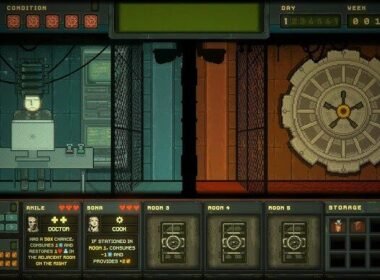
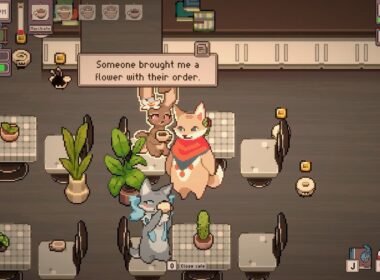
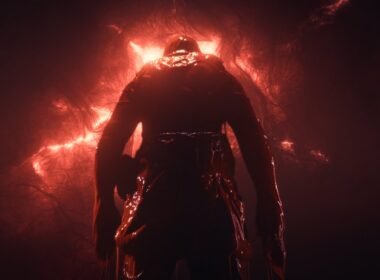
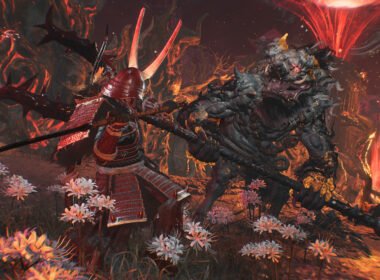
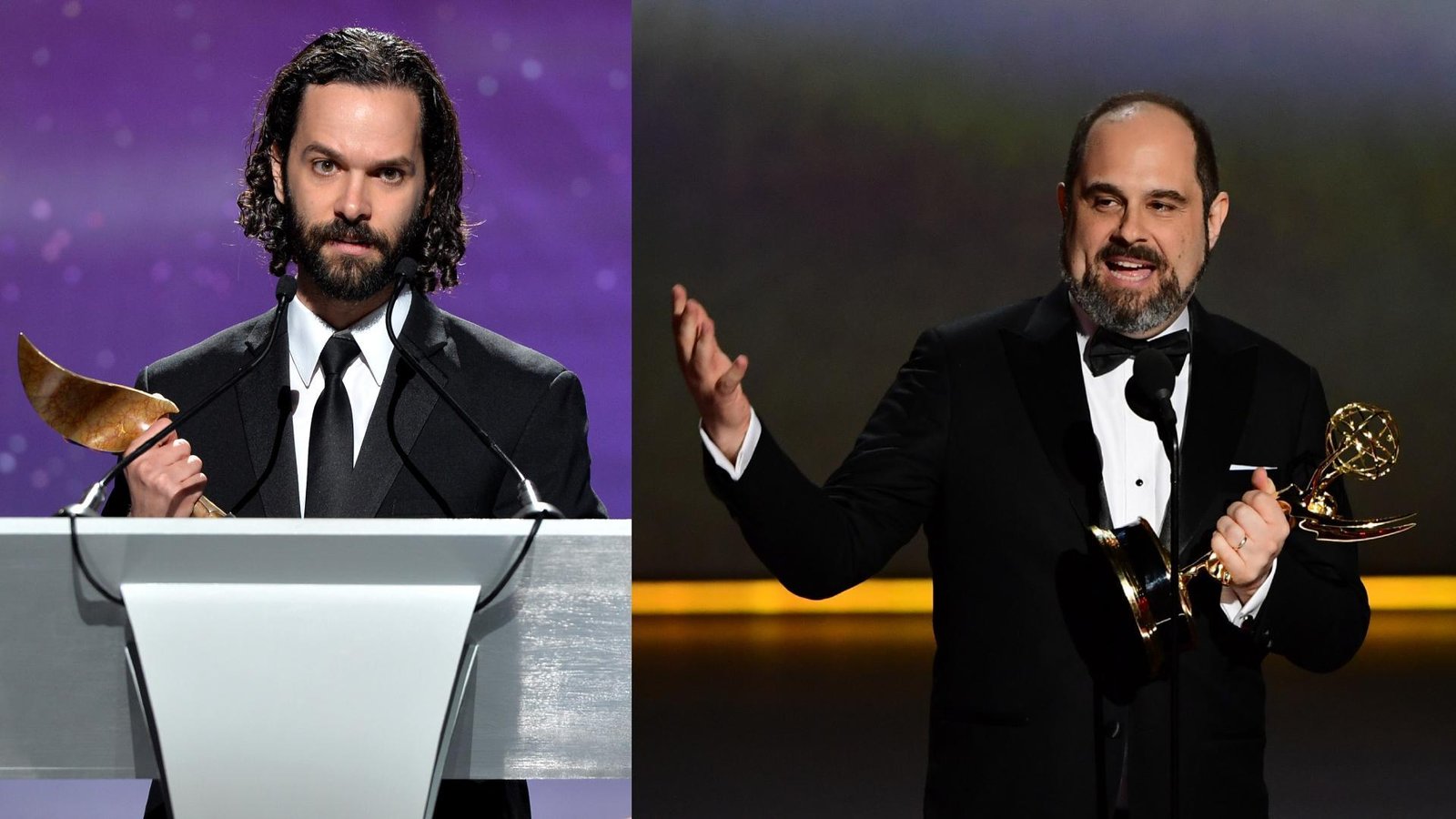



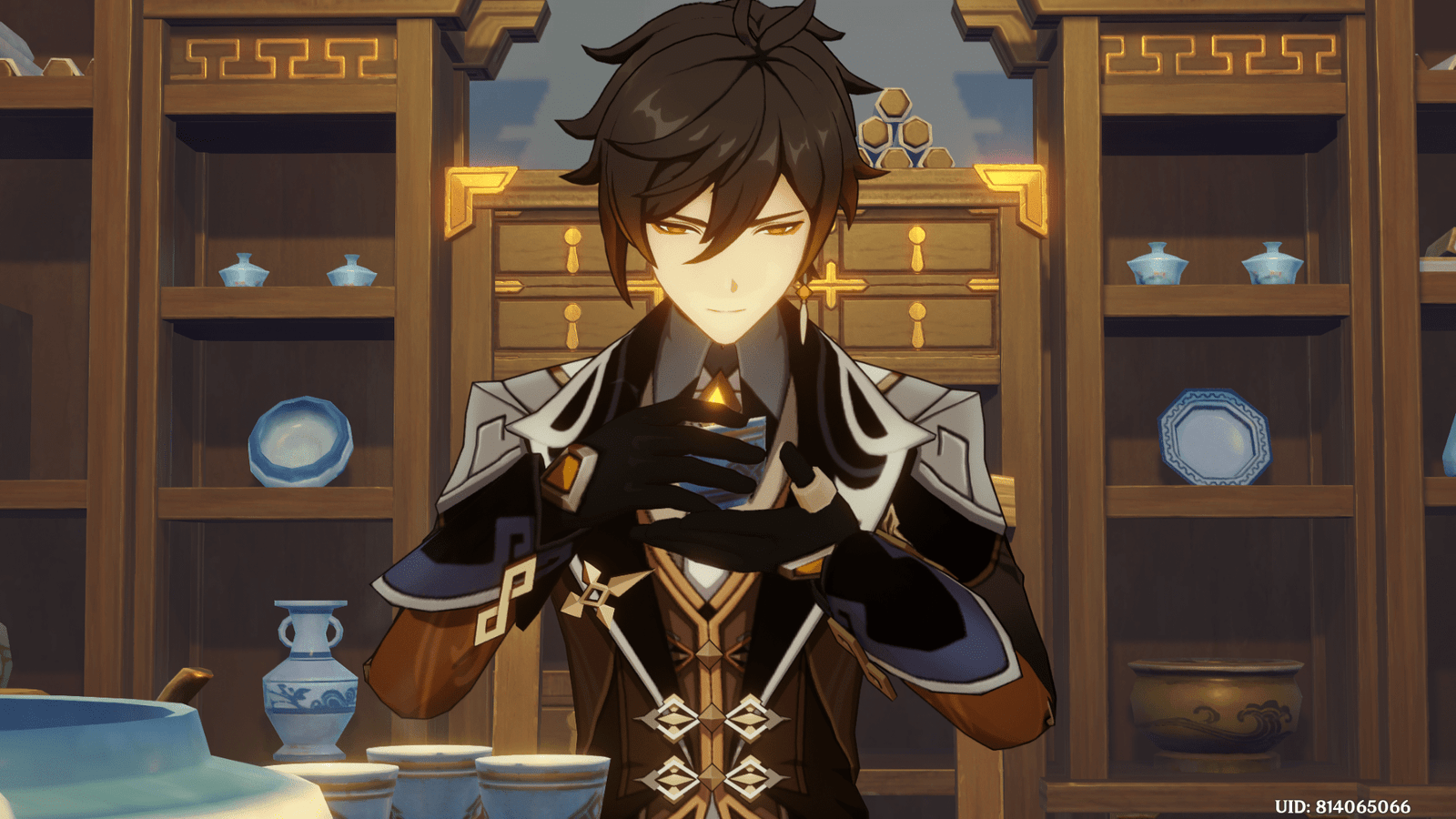
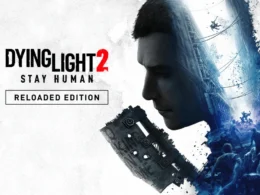
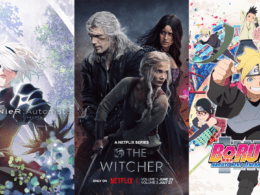
Comments 1